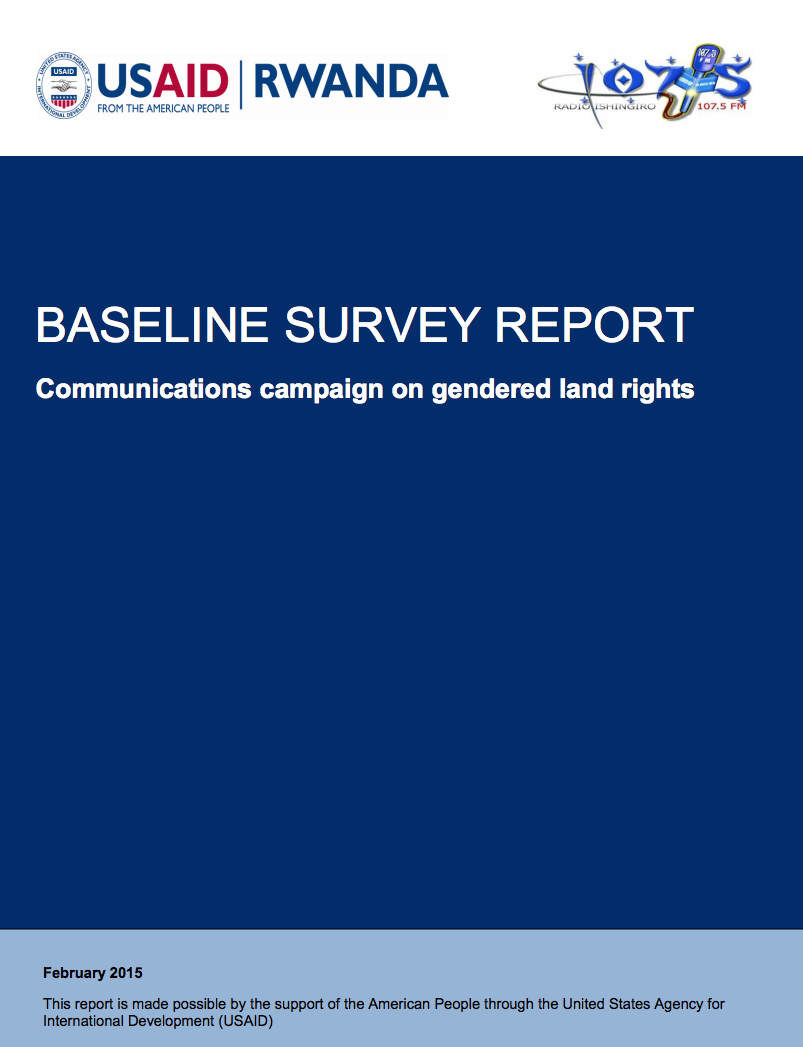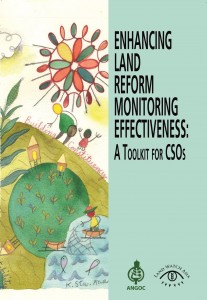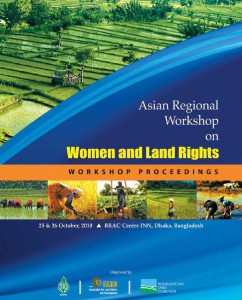Baseline Report on Gender and Land Rights
In Africa, land has an emotional and mystical value beyond the economic consideration and
represents the social security and the continuity and independence of a family. In much of rural
Africa, land constitutes the primary source from which millions of people derive their daily
livelihoods (Bhandari 2001)
1
. In sub-Saharan Africa, women contribute between 60-80% of labor
used to produce food for both household consumption and sale to agricultural production while
women’s access to and control over land in Africa remains minimal (FAO, 1998).












